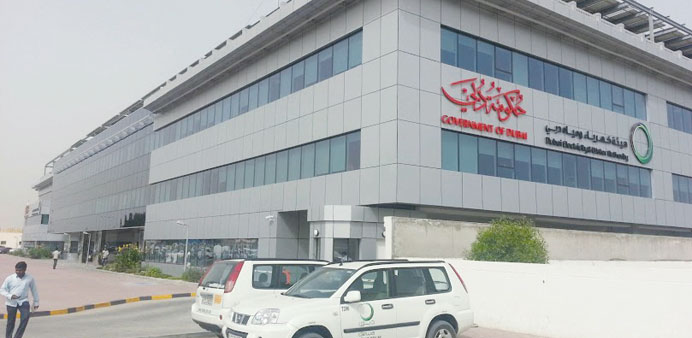Islamic bond sales in the Arabian Gulf are on course for the slowest third quarter since 2010 as borrowers delay issuing sukuk after costs rose.
The 1bn-riyal ($267mn) sale of Jeddah-based construction company Saudi Binladin Group is the only issue in the Gulf Cooperation Council this quarter, compared with five sales totalling $5.27bn in the same period last year, according to data compiled by Bloomberg. The average yield on Shariah-compliant debt from the GCC has risen 95 basis points in 2013 to 3.87% on August 16.
Sales in the region reached a record $8.5bn in the first quarter as the government of Saudi Arabia and the Dubai Electricity and Water Authority led issuers seeking to benefit from near record low yields. Since the US Federal Reserve said in June it could start reducing its asset-purchase programme as early as this year, borrowing costs have risen globally and debt issuance slowed.
“Most regional sukuk issuers are not driven by necessity at the moment,” Rizwan Kanji, Dubai-based partner at King & Spalding, said by phone last week. “They don’t need the funds here and now, so they are able to be choosy and they want better pricing.”
Borrowers from the region have sold $10.8bn of sukuk this year compared with $17.7bn in the year-ago period, according to data compiled by Bloomberg. Issuance so far in the third quarter is the least in July and August since 2010, when no sales had taken place at this point.
The yield on 10-year US Treasuries reached 2.83% on August 16, the highest since July 2011, on heightened speculation a strengthening US economy will prompt the Fed to reduce its bond-buying programme as soon as next month. “Until there is increased clarity on the US central bank’s next move and its impact on interest rates, we shouldn’t expect issuance to meaningfully increase,” Gus Chehayeb, Dubai-based research director for the Middle East at Exotix Ltd, said by e-mail on August 18.
A pipeline for sukuk issuance remains. Dubai Investments, which holds stakes in more than 40 businesses from real estate to glass, said this month it aims to sell around $300mn of sukuk in the coming quarter. Saudi Arabia’s General Authority of Civil Aviation, which issued $4bn of riyal-denominated sukuk in 2012, has appointed banks for a second tranche.
“We do expect a recovery in the third and fourth quarter as people return from their summer break,” Apostolos Bantis, a credit analyst at Commerzbank in London, said by e-mail recently. “Some issuers will try to take advantage of still historically low rates before a repricing of the markets in 2014.” It is obvious the market won’t return to the levels seen earlier in the year, he said.
Average yields for GCC sukuk had tumbled to a record low of 2.75% on January 10, prompting large issues and long tenors. The government of Saudi Arabia raised $2bn from 10- and 30-year notes, while DEWA sold $1bn of five-year sukuk.
These issues were mostly opportunistic, said Kanji, with borrowers tapping the market because they wanted the cash, rather than needed it.
“In 2014 there are some maturities coming, then there will be a need for companies to raise cash and we’ll see issuers,” said Kanji. “Until then they will sit back and take it easy.”

